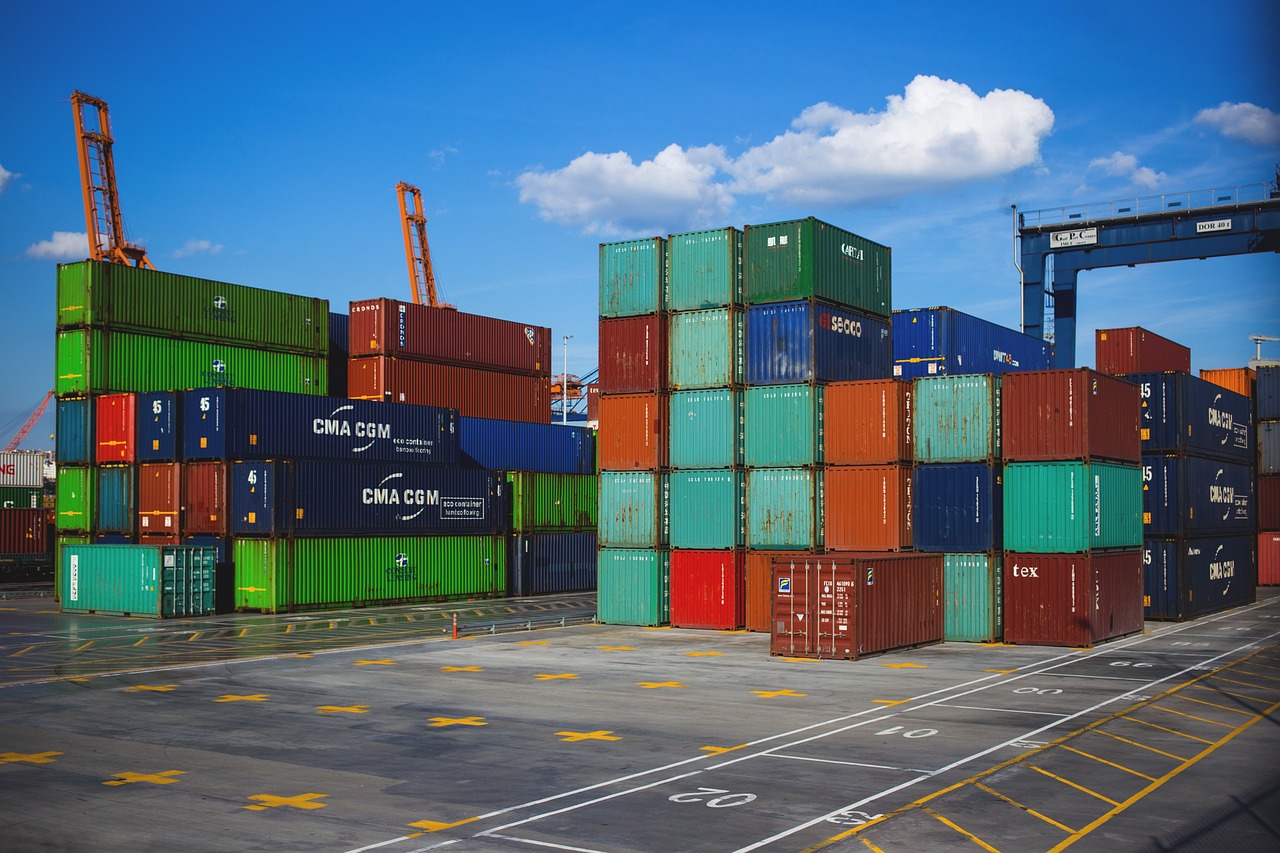Nigeria’s amount of imported goods has grown a lot, going up by 80.65% in six years, from $31 billion in 2017 to $56 billion in 2023, according to a report by the World Trade Organization (WTO). This is according to the World Trade Organization’s (WTO) Trade Policy Review of Nigeria, released on Wednesday.
The WTO also pointed out problems in Nigeria’s trade and economic rules, saying these issues have made it hard for the government to reach its big goals of changing the economy. They noticed that some rules that are too strict or involve too much government control often don’t work well with plans to connect Nigeria’s manufacturing industry to the worldwide market.

The WTO report highlighted the important part that trade plays in Nigeria’s economy, pointing out that Nigeria is one of Africa’s biggest economies with a total value of goods and services produced of $363 billion. Nigeria’s economy is mainly based on oil and gas exports, with crude oil making up 80.6% of all goods exported and gas contributing 10.5%. The value of goods exported increased by almost 50% from 2017 to 2023, reaching $65 billion.
Although the economy still relies heavily on oil, non-oil exports have grown well, doubling their share of total exports from 2017 to 2023. These exports mainly include agricultural products, fertilisers, and metals. Services exports, which are 6% of all exports, are mostly from transport and travel services (58.2%) and financial services (22.9%), with more financial services being done through online platforms.
Even with the government’s efforts, the economy hasn’t changed much. The part of non-oil imports that are intermediate goods, a key measure of industrial activity, went from 44% in 2017 to 32% in 2023. Additionally, foreign direct investment from other countries to invest here (FDI) has been going down and almost stopped in 2022. We don’t have much detailed information to see what effect this has had.

















